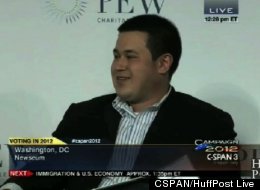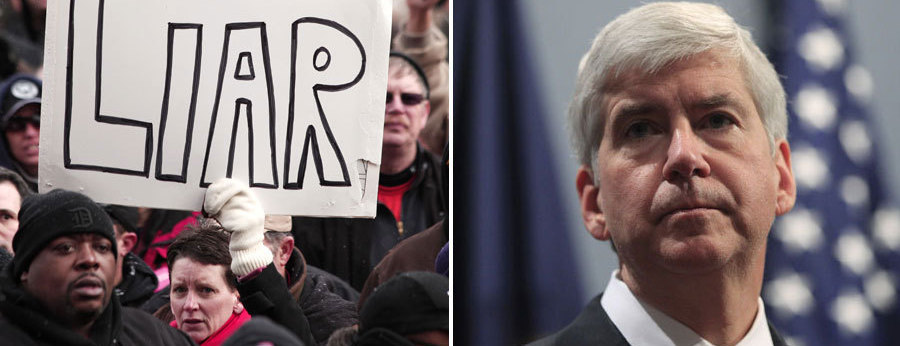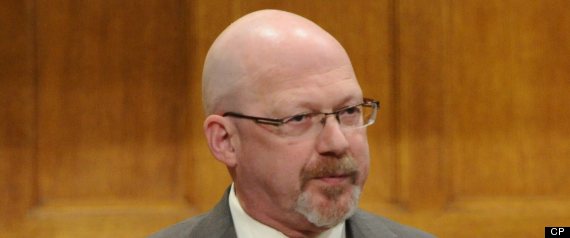
“Justice Scalia, I’m gay, and as somebody who is gay I find these comparisons extraordinarily offensive,” Duncan Hosie, a freshman at Princeton, said to Antonin Scalia on Monday. In front of eight hundred other students who had come to hear the Justice speak, Hosie cited Scalia’s dissents in two crucial gay-rights cases, Romer v. Evans, from 1996 (the one in which Scalia wrote, “But I had thought that one could consider certain conduct reprehensible—murder, for example, or polygamy, or cruelty to animals—and could exhibit even ‘animus’ toward such conduct. Surely that is the only sort of ‘animus’ at issue here: moral disapproval of homosexual conduct….”) and Lawrence v. Texas, from 2003 (“The Texas statute undeniably seeks to further the belief of its citizens that certain forms of sexual behavior are “immoral and unacceptable,” Bowers, supra, at 196—the same interest furthered by criminal laws against fornication, bigamy, adultery, adult incest, bestiality, and obscenity…. Even if the Texas law does deny equal protection to “homosexuals as a class,” that denial still does not need to be justified by anything more than a rational basis, which our cases show is satisfied by the enforcement of traditional notions of sexual morality.”) Hosie, who is eighteen, and was a small child when both of those cases were decided, wanted to know if Scalia, who is seventy-six, and the longest serving justice on the Supreme Court, had any second thoughts, if only about his tone.
 OTTAWA - The cascading multibillion-dollar cost of the celebrated F-35 stealth aircraft has prompted the federal government to "hit the reset button" on its controversial effort to replace Canada's aging fighter fleet.
OTTAWA - The cascading multibillion-dollar cost of the celebrated F-35 stealth aircraft has prompted the federal government to "hit the reset button" on its controversial effort to replace Canada's aging fighter fleet.



































